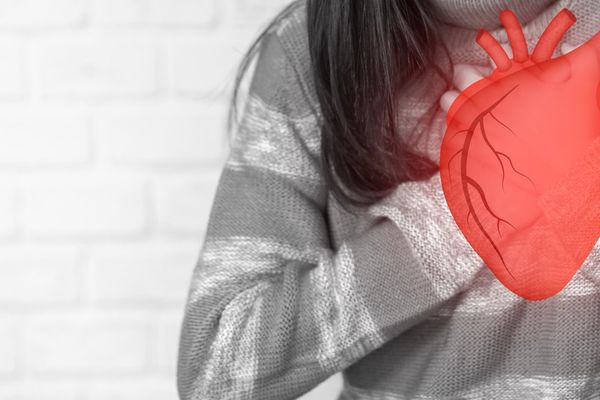In one of my earlier blog posts, a reader commented that a daughter of a family member stood by when that family member suffered cardiac arrest and collapsed, waiting 20 minutes for the paramedics to arrive. Had she known CPR, it's possible that person would have survived.
She's not the only one who has been in that kind of situation: one-quarter of Americans say they've been there, too.
Sad, isn't it? That frightens me. A lot. Imagine the fear, helplessness and guilt that ensued. My health emergency know-how has not been tested—thankfully—in any major crises (
except the time my hubby dislocated his new artificial hip—and thank goodness that wasn't life-threatening), but it sure would give me a lot of comfort and confidence knowing in advance what to do should one arise. I learned CPR with breath compressions many years ago, but like anything else, if you don't regularly use it, what you know becomes more and more a distant memory. (Remember the French you studied in high school? Me neither.)
If you were faced with a situation where someone collapsed and stopped breathing, would you know what to do? What's so much less intimidating about CPR is that it's no longer is as complicated as it once was. Mouth-to-mouth contact is no longer necessary to save a life. Chest compressions alone ("hands-only CPR") is easy to learn and increases the likelihood of surviving cardiac emergencies that occur outside of medical settings, according to the American Red Cross.
Last week was National CPR week, but it's never too late to learn this life-saving technique. Click here for a quick tutorial with this official video link:
GoRedForWomen.org
You may also want to read:
How Your Phone Can Keep You Healthy
Simple Steps Toward Heart Health






